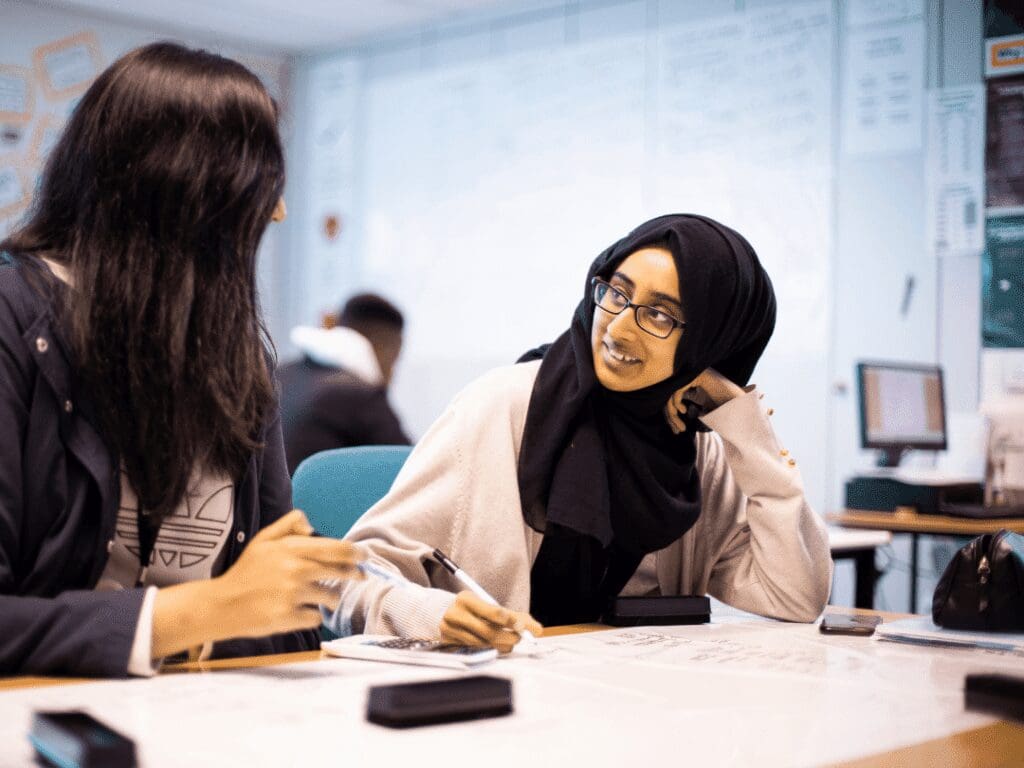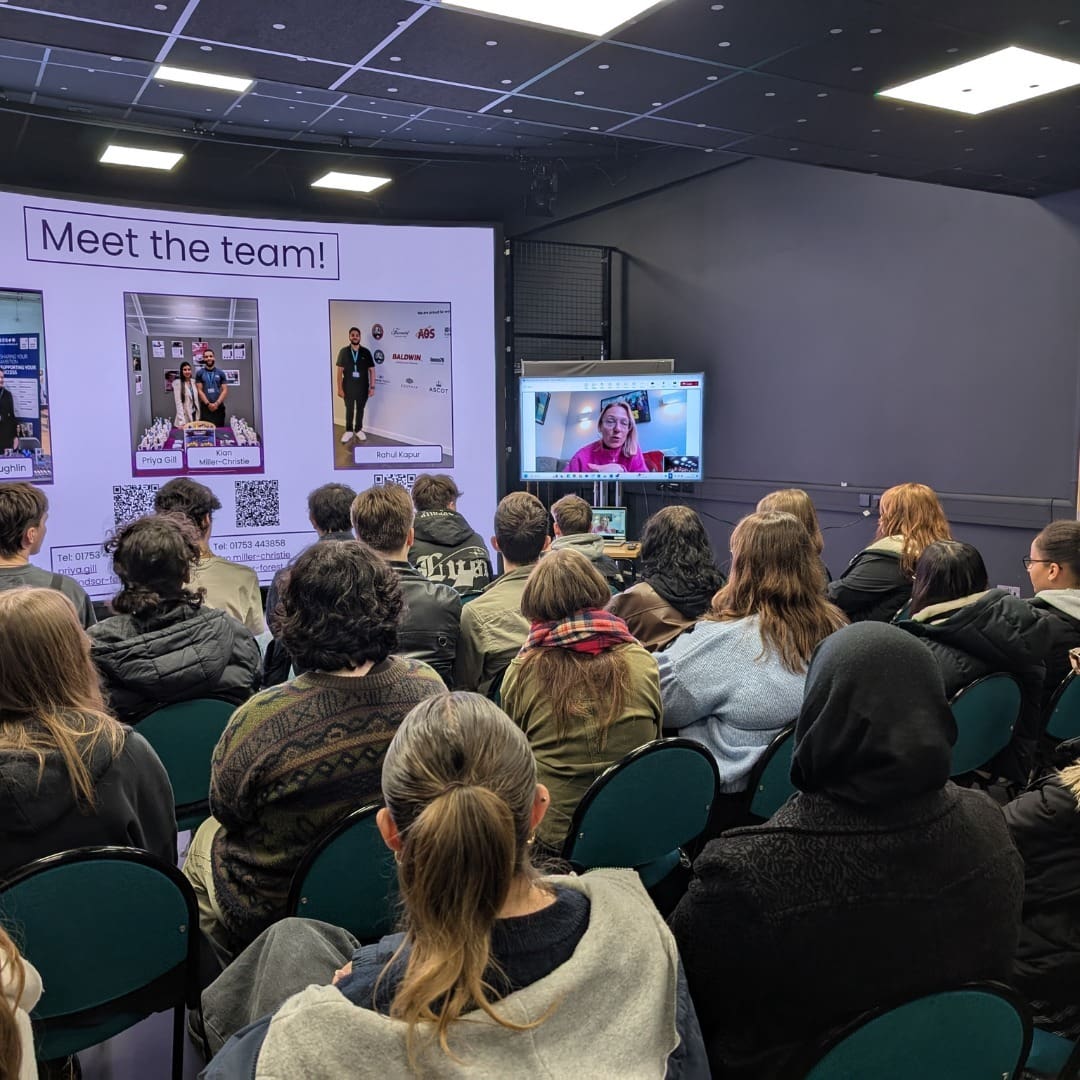BTEC qualifications are flexible – you can take one alongside (or instead of) GCSEs and A levels in schools and colleges. They’re also usually studied full-time, either in college or jointly between a school and a college.
BTECs are divided into units, which cover specific areas of knowledge, skills, and understanding required by the particular sector or industry.
- Every BTEC student takes the core units, which provide a broad foundation and understanding about the sector.
- There is a range of optional units to choose from which enable students to focus on particular interests and plans they have for next steps into further study, an apprenticeship, or employment.
- The course involves a series of assignments which can be written or activity-based, for example creating a film clip, planning and putting on a performance, or creating a business plan. Students complete some assignments individually and some as part of a team. For some BTEC courses, students can also apply their knowledge and skills through work experience.



